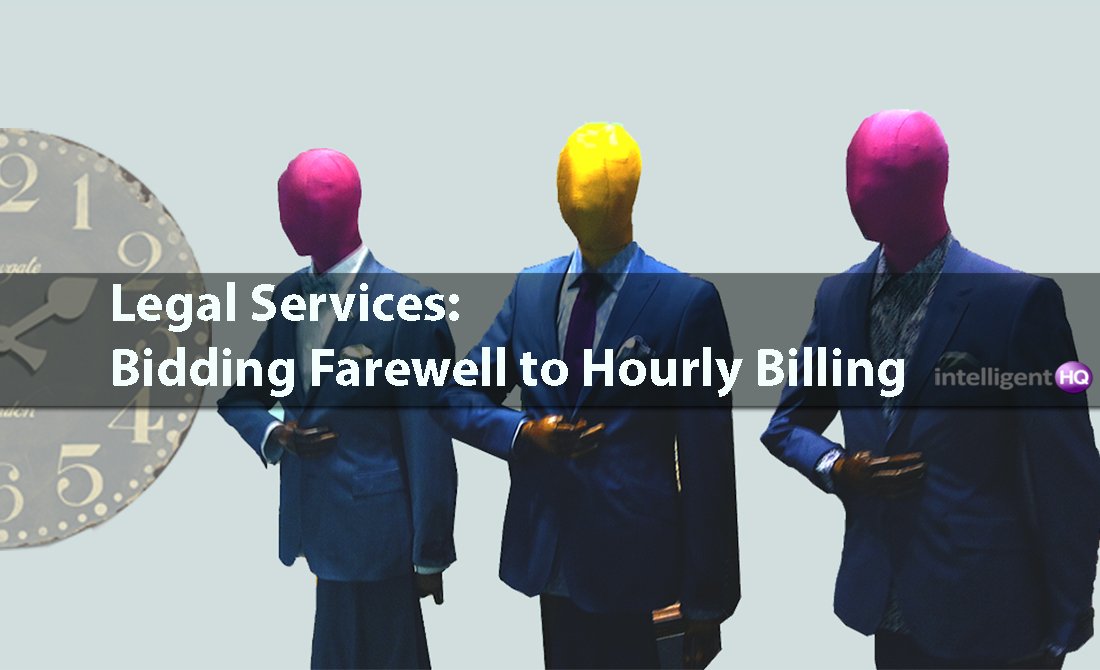The use of wearable technology WILL have an impact on consumers and the enterprise and is set to increase. More and more objects are becoming embedded with sensors and gaining the ability to communicate. With adoption becoming mainstream, wearable technology will form an integral part of the ‘Internet of Things’ – a growing network of devices – from wearable tech and smartphones to road traffic sensors – that connect to the internet to share data in real time. Not only that, but I can see a situation emerging where early adopters of the tech purchase “wearable devices” on their own, then ustilise them at the workplace, creating potential headaches for IT departments who have yet to embrace BYOWD. (Bring your own wearable device)
In fact, the research revealed that a small number of ‘early adopter’ businesses (6 per cent in the UK and USA) are already providing wearable technology devices for their employees. There is scope for the use of wearable technology in the enterprise to increase with a third of respondents stating that they would be willing to wear devices offered by their employer.
Rackspace’s Startup Liaison Officer and Technology Evangelist, made this profound statement:
“We are at the beginning of massive mainstream uptake of wearable devices, with the launch of Google Glass set to further boost adoption”. “However, it is important to note that wearable technology and the cloud go hand in hand – together they provide the rich data insights that help users better manage many aspects of their lives. Cloud computing is powering the wearable technology revolution. It allows the data generated by wearable devices to be captured, analysed and made readily accessible whenever users need it.
It seems to me if all this is envitable and cool from a geek’s perspective what about the privacy and security equations? To be clear the study, titled “The Human Cloud: Wearable Technology from Novelty to Productivity,” says one in five Britons were uncomfortable with the privacy implications surrounding the Google Glass – and believe that it should be banned outright. What do you think?
Research by Rackspace and the Centre for Creative and Social Technology (CAST) at Goldsmiths, University of London, revealed that citizens may be willing to share the data generated by wearable technology with central or local government, enabling authorities to crowd-source insights which can be used to enhance public services. Do we really trust the government to do the right thing?. The precedent has already been set in the UK with local govenments being accused of spying.
Here are some supporting stats:
- 19 per cent of Brits and 22 per cent of Americans would be willing to use a wearable device that monitors location for central government activity
- One in three British and American citizens would be willing to use a wearable health and fitness monitor that shares personal data with the NHS or healthcare provider
“The rich data created by wearable tech will drive the rise of the ‘human cloud’ of personal data,” said Chris Brauer, co-director of CAST at Goldsmiths, University of London. “With this comes countless opportunities to tap into this data; whether it’s connecting with third parties to provide more tailored and personalised services or working closer with healthcare institutions to get a better understanding of their patients.
We are already seeing wearable technology being used in the private sector with health insurance firms encouraging members to use wearable fitness devices to earn rewards for maintaining a healthier lifestyle. It is likely that the public sector will look to capitalise on the wearable technology trend with a view to boosting telehealth and smart city programs.”
Still confused by the term ‘human cloud’, Gigaom describes the human cloud as:
“In the same way that high-speed Internet access disrupted the corporate IT market, creating a “cloud” of web-enabled infrastructure, the human cloud is shorthand for how the web has disrupted the way we work”.

Hayden Richards is Contributor of IntelligentHQ. He specialises in finance, trading, investment, and technology, with expertise in both buy-side, sell-side. Contributing and advising various global corporations, Hayden is a thought leader, researching on global regulatory subjects, digital, social media strategies and new trends for Businesses, Capital Markets and Financial Services.
Aside from the articles, interviews and content he writes for IntelligentHQ, Hayden is also a content curator for capital markets, analytic platforms and business industry emerging trends. An avid new media explorer Hayden is driven by a passion for business development, innovation, social business, Tech Trading, payments and eCommerce. A native Trinidadian, Hayden is also a veteran, having served with the Royal Air Force Reserves for the past 10 years.
Follow Hayden on Twitter @HaydenARichards, linkedin.com/haydenhrichards and http://www.scoop.it/u/hayden-richards



























